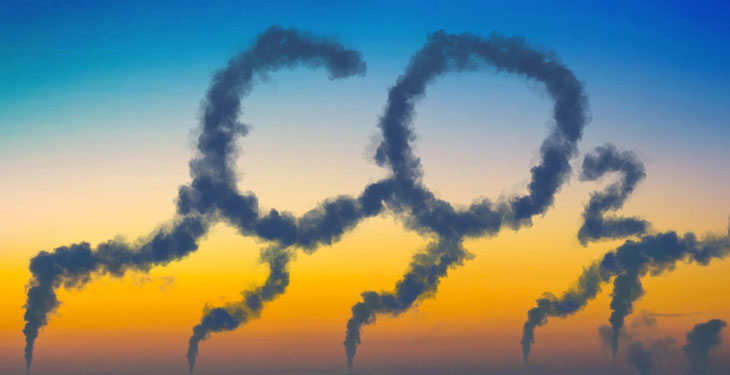The year 2023 began with a strong sense of optimism for the energy sector globally, despite recent security developments, and Europe is looking for the magic solution for decarbonization, simultaneously with ensuring energy security, say analysts of an investment and brokerage company.
“Increased corporate commitment to decarbonisation, accelerated government carbon reduction targets, as well as the passage of the US Inflation Reduction Act (IRA) initiative, which provides over $370 billion in climate investment incentives over the next 10 years, support the outlook an activity supported by mergers and acquisitions in the field,” says Radu Puiu, Financial Analyst at the brokerage house on international stock exchanges XTB Romania.
Against the backdrop of recent negative factors, many countries have had to resort to fossil fuels and delay the transition to green energy. And despite pressures on energy prices, fears of a global recession have caused, at least so far, oil prices to fall.
“In terms of gas consumption, stagnation is expected in 2023. Even so, global energy consumption is forecast to grow by 1.3% in 2023, despite a slowing economy and high prices,” explains the XTB analyst.
The global forecast suggests a decrease in gas demand in Europe, a stagnation in North America and a 2.4% increase in Asia. According to estimates, Asia will become the largest market for natural gas by 2027, surpassing North America.
According to the analysis, liquefied natural gas (LNG) exports from the US and Qatar will meet the increase in global demand for this fuel until 2030. Thus, US exports will represent up to two-thirds of the additional supply, depending on the scenario considered. By 2030, the US and the Middle East are expected to account for approximately half of global annual LNG supplies, compared to 2019, when they accounted for only one third of demand, according to Agerpres.
However, US LNG exports are projected to more than halve between 2030 and 2050 due to increased competition and higher transportation costs for the Asian market. In this scenario, the Middle East and Africa will be advantaged in terms of deliveries. In turn, Australian LNG exports are also expected to decline after 2030, due to high costs and constraints on domestic upstream natural gas production.
In contrast, in Russia, exports could double between 2030 and 2050, assuming that the sanctions would disappear. However, until that moment there is a possibility that the demand for LNG will decrease, and the opportunities in the market will disappear, it is mentioned in the cited analysis.
